Aiming to inspire others farming land, the Wild Ken Hill rewilding initiative in eastern England is working to enhance wild nature, mitigate climate change and boost the local economy.
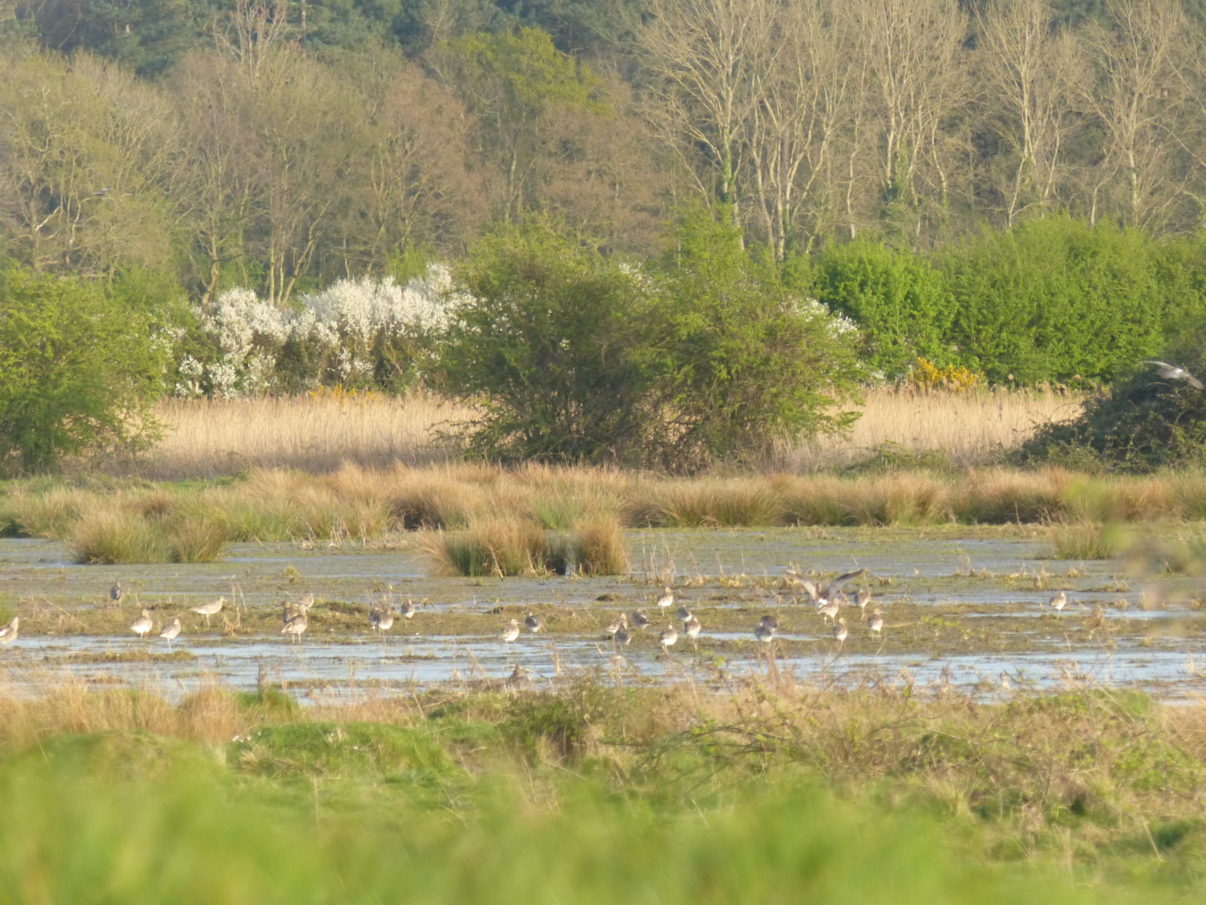
Wilder farming
Today there is a growing awareness that highly intensive, industrial agriculture is not best serving people or wild nature. Its overconsumption of finite resources and damaging impact on ecosystems and human health render it inherently unsustainable. At the same time, a growing number of European farmers are now choosing to manage their land in a different way, employing economically viable models that are far more in harmony with nature.
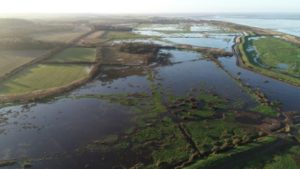
One such farm is the 1600-hectare Ken Hill Estate in Norfolk in eastern England. The Wild Ken Hill project, which kicked off in 2019, has seen the estate begin rewilding a quarter of its land (think 480 football fields), which includes marshy wetland, ancient woodland, wood pasture, acid heathland and post-agricultural land.
“Rather than following the harsh agricultural and forestry techniques that have contributed to record emissions and species loss, we want to show that land can be used to fight climate change, to manage air and water quality, and as a space for nature and people,” explains estate owner and project manager Dominic Buscall. “We want to show the potential of rewilding, not only as a tool for environmental good but also as a way for farmers to reinvigorate their businesses.”
Adding value
The Wild Ken Hill initiative has just joined the European Rewilding Network (ERN), which now totals 59 members across 26 countries. Dominic Buscall is looking forward to exchanging insight and expertise with other European rewilding initiatives.
“We are really excited about collaborating with other rewilding projects and contributing to the development of large, rewilded landscapes across Europe,” says Buscall. “We hope our unique variety of habitats and complementary leadership in regenerative agriculture can add significant value to future discussions.”
Enhancing wild nature
Before rewilding began, the Wild Ken Hill team conducted a comprehensive survey to evaluate the baseline ecological condition of the site. Well over 2,000 species were recorded, including numerous bird and bat species, roe and fallow deer, and over 800 invertebrates. The project has become one of the first major UK rewilding projects to secure funding through the UK Government’s Countryside Stewardship Scheme, which provides financial incentives for farmers, woodland owners, foresters and land managers to look after and improve the environment.
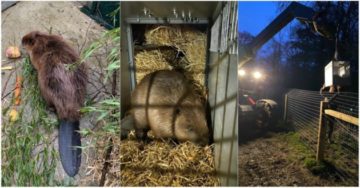
Wild Ken Hill also made the headlines in March when two female beavers were released into an enclosed 60-acre area on the site. The initiative has been given a licence to reintroduce fifteen of the animals, and it is hoped their dams will improve habitats and enhance biodiversity by trapping silt, creating pools and slowing run-off. Two male beavers are set to join the females in the late summer or early autumn.
Beavers were once common in Norfolk but were hunted to extinction in the sixteenth century. The two released beavers were the first animals to set foot on Norfolk soil since then. There are also plans to boost natural grazing at the Wild Ken Hill site, with the reintroduction of wild cattle and ponies in 2021.
A balanced approach
Dominic Buscall is keen to point out that the drivers for Ken Hill Estate’s ongoing transition are both economic and environmental. In addition to the land being rewilded, the estate also practices regenerative agriculture on around 600 hectares, which helps to improve soils and biodiversity.
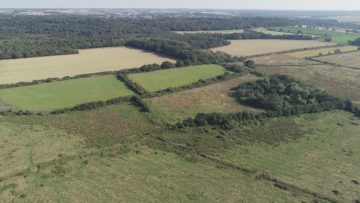
“It’s a balanced approach,” he explains. “We are still growing food on our good arable land, but have chosen to rewild land that’s far less suited to farming. With EU subsidies about to be phased out for UK farms, we chose to rethink our business model.
“Of course, the current climate and biodiversity emergencies are also a strong motivation for rewilding and practising more sustainable agriculture. Economic viability is still critical because no farmer is going to adopt a model that puts them out of business.”
In addition to government funding, the Wild Ken Hill initiative will generate other economic returns too. The farm will eventually be able to sell wild meat, while accommodation, safaris and educational wellness retreats should be up and running on-site by the summer of 2021. These will employ a number of local people.
Burgeoning trend
Other rewilding initiatives around the UK, such as Knepp in Sussex (also an ERN member), have demonstrated the benefits of transitioning to farming models that place a far higher value on wild nature, and which enable the diversification of revenue streams.
“I would say rewilding is definitely catching on in UK farming,” says Dominic Buscall. “I know of three or four farms in or around Norfolk that are engaged in rewilding projects. I hope the example of Wild Ken Hill will inspire other farmers to follow suit.”
ERN 2.0
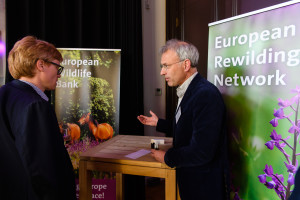
Today rewilding is gaining momentum as a progressive and effective approach to conservation in Europe. Underpinning this trend, the burgeoning European Rewilding Network (ERN) continues to foster collaboration and amplify results.
Founded by Rewilding Europe in 2013, the aim of the ERN is to enhance the efforts of each member by facilitating the exchange of skills, insight and experience. Members meet regularly, usually via webinar, while nature-based businesses can also apply to Rewilding Europe Capital, Rewilding Europe’s enterprise loan facility.
The criteria for ERN membership have recently been revised, as the network shifts its focus from expansion to support for practical, result-oriented rewilding. Rewilding Europe extends a warm welcome to all European rewilding initiatives and encourages them to apply for ERN membership.
